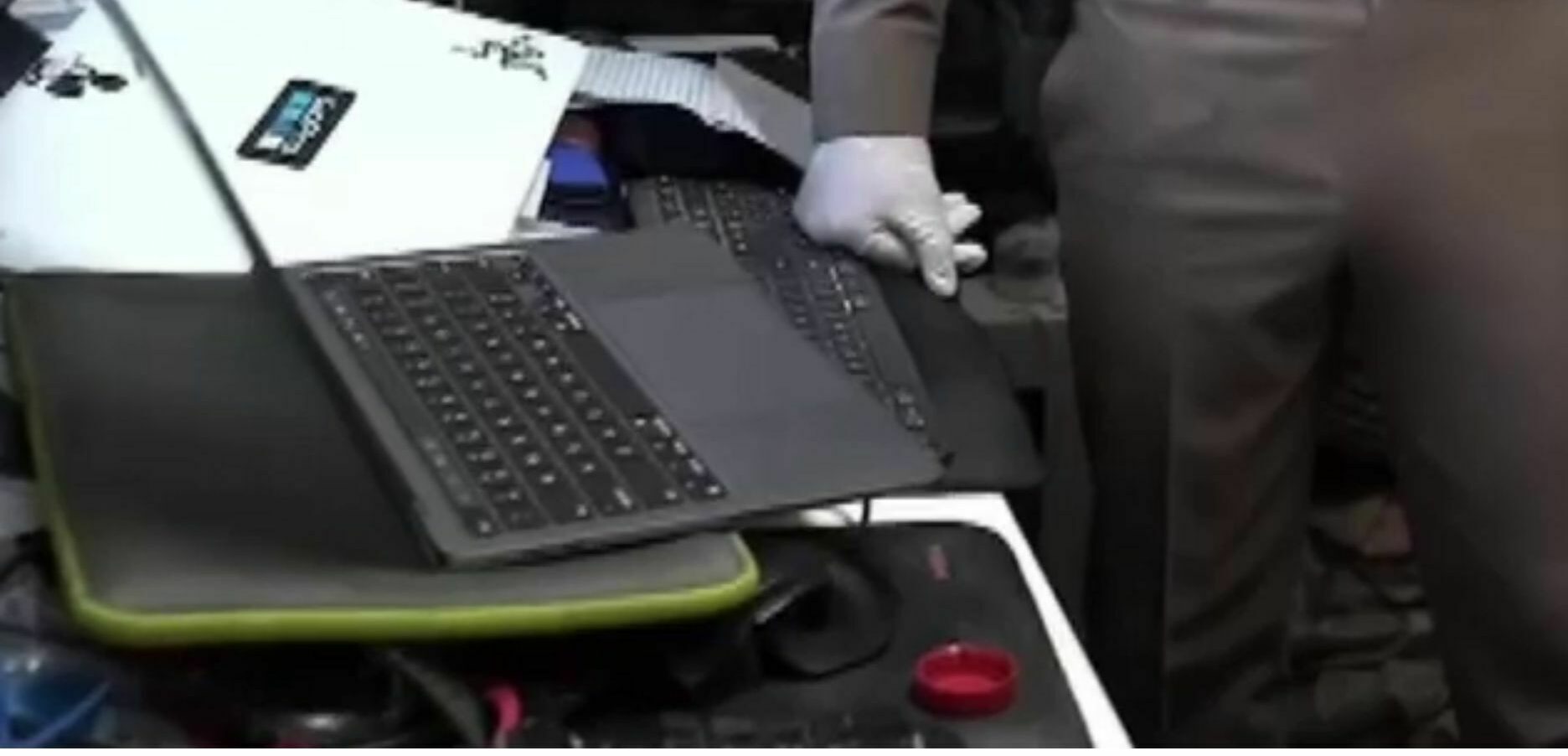Thai hackers arrested for breaking into energy drink computer system to steal prize money

Two Thai hackers are now under arrest after police say they broke into an energy drink company’s computer system to fraudulently claim prize monies.
Thailand’s Technology Crime Suppression Division officers say they hacked the system and obtained more than 300,000 code numbers that were printed on the backs of drink caps. Using that information, the hackers planned to claim prize money through True Money Wallet.
According to Thai PBS World, TCSD police says it received complaints from the energy drink company (whose name was withheld) and True Money. The duo allegedly claimed prize money 60,000 times.
The two alleged hackers by the names of 29 year old Somprasong and Watchanan, were tracked down and arrested at their residences.
Police say Somprasong admitted that he was the one who hacked the energy drink company’s computer system to steal the code numbers. He says he then passed the numbers on to Watchanan, so he could claim the prize monies.
Somprasong attributed their crimes to being broke and unemployed. Both were charged with hacking and disruption of a computer system belonging to others and fraud.
Meanwhile, late last year, 14 computer crooks were arrested after hacking into 115 government websites and spamming them with online gambling advertising banners.
The Royal Thai Police, discovered last month that dozens of government websites had been spammed with illegal gambling websites.
More than 50 gambling websites were spotted on 115 official websites. Most of the advertisements invited users to gamble on online slots baccarat, football betting, and illegal lottery.
Police raided the home office of the hackers on the Bang Khun Thian-Chai Thalae Road in the Samae Dam sub-district of Bangkok. The hackers admitted to the police that they illegally accessed the government website to post gambling ads.
Officers seized 12 computers and 10 mobile phones hackers used to create advertising banners and gain unauthorized access to official sites.
The TCSD reported that government websites were the target of gambling advertising because they looked credible to search engines, especially Google.
Latest Thailand News
Follow The Thaiger on Google News:


























